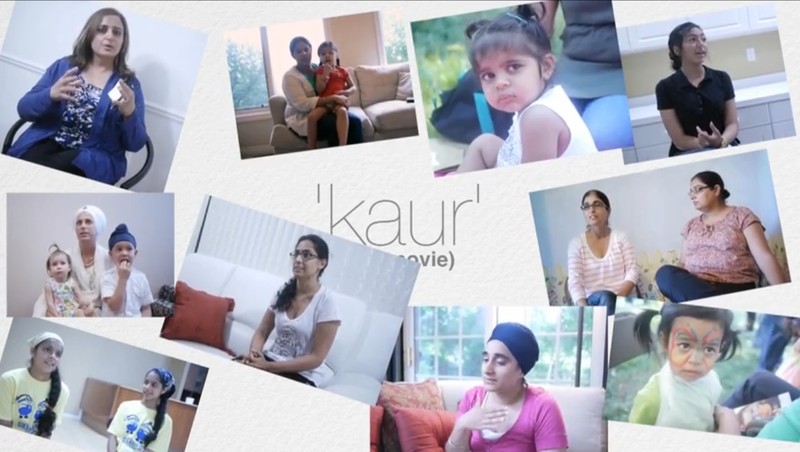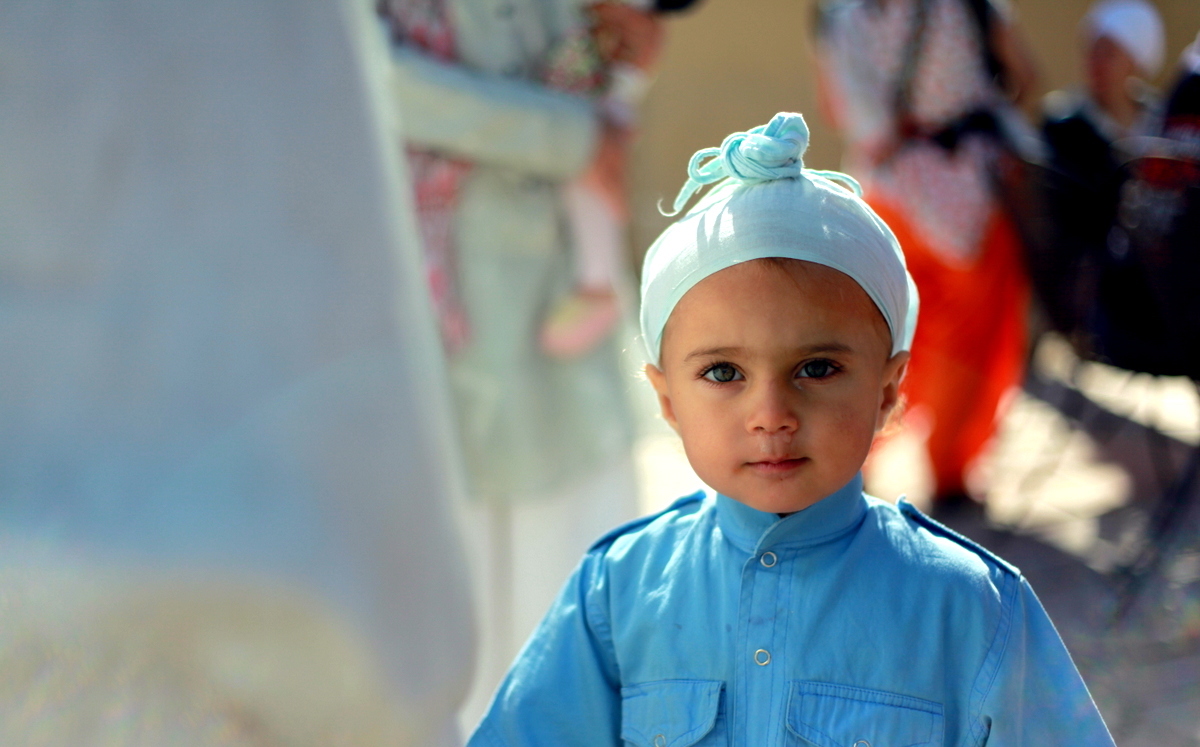By Lakhpreet Kaur
An Opinion Piece
We have all heard the refrain, “It is hard being a minority in this day in age” or “Being a minority in the United States is difficult.” The list of challenges is real and extensive, from racial profiling, to institutional discrimination, to bullying, to a lack of access to social and financial opportunities, to hate crimes. Most recently, Donald Trump’s anti-Muslim and misogynistic rhetoric contributes to an environment of intolerance. According to a study by Phenice and Giffore, “…ethnic minority children, youth, and families are often burdened with negative social identities…[such as] erroneous descriptions, labeling, and categorization, which sustain and perpetuate inequalities for ethnic minorities.”
These are serious issues and need to be addressed, but as minorities, if we ignore the two-sided coin that comes with being different, we may be doomed to a life of misery. There are some good and positive aspects to being different!
Bhai Sahib Gurdarshan Singh once said, “Sikhs don’t see the glass as half full or half empty, we view it as overflowing.” Seeing little things as sources of joy and finding ways to be in chardikala, can help foster the self-confidence needed for happiness and build the momentum needed to fight for social justice and equality. Granted, it is tough to think about the “good aspects” of being different when some may belittle you because of it. But, viewing the good in life helps you become happier and a more at peace with yourself.
There are a few unique life experiences that minorities may have and may set us up for future success or at least greater personal growth and development. So, here are some advantages to being different! to being a minority! to being you!
1) You may be able to identify with multiple cultures: Children who live in one culture but are raised in another may be able to identify with both cultures and to understand the complex racial, religious, or cultural nuances and traits of a heterogeneous landscape. This may make them more are adaptable to new scenarios and able to function well in both majority and minority environments.
2) You may build character quickly: If while growing up, you had your lifestyle questioned by those around, you may have had to quickly had to learn the meaning behind your beliefs and practices and quickly build character, internal strength, and resoluteness to not only explain yourself to others but also to internalize your commitment to your way of life early on.
3) You may develop a worldview quickly: Being different challenges you to develop charter and a worldview quickly. Questions such as “Who am I?” “What’s my people’s history?” “What are my values? ethics? morals?” “Where do my beliefs come from?” or being able to distinguish your thoughts from the thoughts of others may occur more quickly than if no one challenged you, or your background, or your race, or your religion, or your gender, your lifestyle, or your sexuality, or your thoughts at a young age. You may have had to quickly decide what you think and what you stand for versus what society thinks.
4) You may be able to contribute to dialogue well: You bring your diverse experiences to classroom or workplaces discussions that may add richness to the dialogue. This uniqueness may facilitate conversation, create curiosity, and attract people.
5) You may be able to succeed in many settings: If you can succeed in an inherently sexist or racist setting, it is quite empowering to know that may be able go anywhere in the world, with anyone, and in any circumstance and still be able to function; because you have “made it,” against heavy odds (discrimination, racism, bullying, biased standardized tests etc.).
6) You may be more open-minded: You might find it easier to accept different perspectives and be more open-minded about different cultures since you hail from one yourself.
7) You may have the opportunity to fight stereotypes by educating others: Sometimes you might be the only woman or only Sikh in your school or workplace. In some cases, you might be the only Sikh your peers may have interacted with. “This is…a unique opportunity to educate others about who you are as an individual and as a group,” states the Plato Project. This is your chance to be an individual, as well representative what you believe to be the shining features of your culture, and to encourage positive understanding of diversity.” Furthermore, being the only Sikh in a situation, you can personally build the narrative around your faith that you want others to take away.
8) You may be able to foster solidarity: Being part of a minority group you may have a sense of coherence, solidarity, and energizing feeling being part of a small community. When you are a member of a minority group, you have no choice but to learn to survive in the majority group. You have to learn to survive in a predominately white world, in an American world, in a male world and in a right-handed world. But, the majority may not be equipped with the tools or experiences to deal with and communicate with minorities. Yet, you may have an automatic connection with other minorities. You may be able to sympathize with their plight at an imitate level. For instance, if you have never been discriminated against, it may be challenging for you to understand discrimination at a deep levels. But as a minority who has most likely had first had experience with discrimination, you may be able to sympathize with others who have had the same experience at an unparalleled level. When you walk into a situation, people may not automatically assume you are “the oppressor” or “can’t relate” to their plight.
9) You may be able to communicate with many different types of people: Because you grew up in a world that does not reflect you, you may have had to learn about how to communicate and interact with those unlike you. This proves useful in when you are dealing with a diverse group of people. People of the majority group may not necessary learn how to communicate with those outside their groups.
10) You may be able to let go of the need to be loved by all: Minorities, who face micro-aggressions daily and discrimination regularly, may quickly accept that some people will think poorly of them no matter what they do or who they are. You may quickly learn to forget about what everyone else thinks because you cannot please everyone. You may learn not to take everything personally, not everything to heart and thus, you are free to be yourself early on. It takes some people years to learn this lesson.
How do you gain strength from being different? Share your thoughts and experiences with us! info@kaurlife.org
Disclaimer: This article is not mean to dismiss the challenges that minorities face. This article is simply to highlight some of the positive scenarios that may arise from being a minority; to serve as a “pick me up” in a society plagued by discrimination. It is not to say that those of the majority population cannot experience these joys too. Also, it is not to say that all minorities exhibit the above experiences. Many of the statements are based on personal expereinces, anecdotes and observations.
Photo by Tracy Bains




